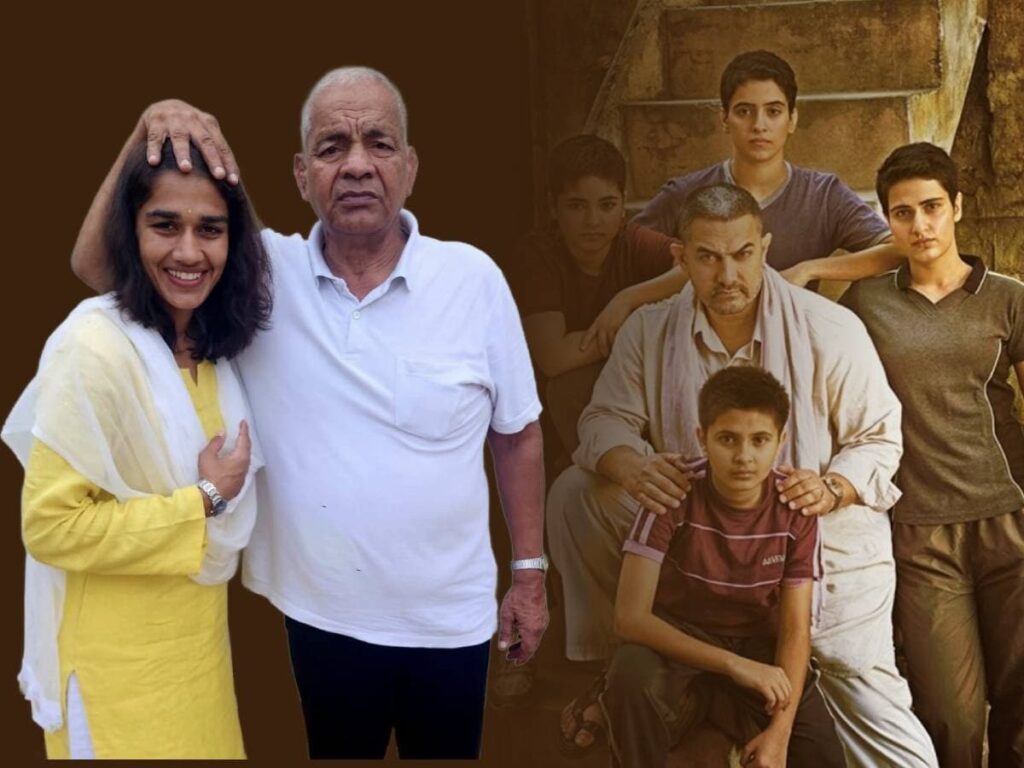Babita Phogat, a prominent Indian wrestler and a celebrated figure in women’s sports, has recently made a striking revelation regarding the blockbuster film “Dangal,” which stars Aamir Khan. The film, based on the true story of her family and their struggle in the world of wrestling, has garnered massive box office success, yet Babita highlights a significant disparity between the film’s earnings and the financial compensation received by her family.
The Success of “Dangal”
“Dangal,” released in 2016, is a biographical sports drama that has not only received critical acclaim but has also achieved staggering commercial success. The film tells the story of Mahavir Singh Phogat, the father of Babita and fellow wrestler Geeta Phogat, and their journey towards achieving gold medals in wrestling.
Box Office Figures
| Region | Earnings (in Crores) |
|---|---|
| Domestic (India) | 1,200 |
| International | 800 |
| Total Earnings | 2,000 |
Financial Compensation: A Discrepancy
Despite the film’s remarkable gross of ₹2,000 crores, Babita Phogat revealed that her family received only ₹1 crore as compensation for their portrayal in the film. This revelation raises important questions about the ethics of financial agreements in biopics and the fair distribution of earnings, especially when personal stories are adapted for commercial gain.
The Impact of the Film
“Dangal” has had a significant impact not just in terms of entertainment but has also helped in inspiring a new generation of female athletes in India. It brought the sport of wrestling into the limelight and highlighted the potential of women in sports, encouraging a more profound social change regarding gender roles in athletics.
Addressing the Concerns
Babita’s statements encourage advocates for fair rights and compensation for individuals whose lives are represented on screen. It draws attention to the need for more transparent agreements in the entertainment industry, particularly when real-life stories are transformed into films. This issue exemplifies the broader conversation about the representation and financial acknowledgment of real-life experiences in media.
Conclusion
The revelations made by Babita Phogat about the earnings from “Dangal” spark a vital dialogue around equity and recognition in the world of cinema. While the film has achieved great success and has motivated countless individuals, it is essential for the industry to address the financial disparities faced by those whose stories are narrated. Ensuring fair compensation can pave the way for a more ethical approach in storytelling and create a supportive environment for real-life heroes.
